Finding a trustworthy broker is highly necessary. But most times, brokers don't really tell the truth so it may be hard to know if they're really legit or not.
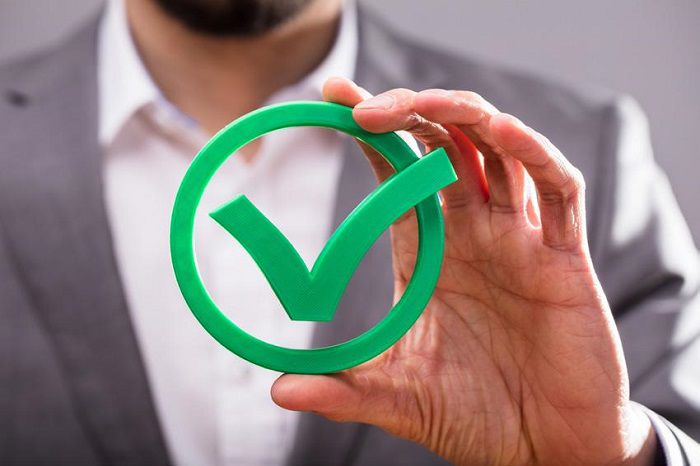
The forex market is known as the largest financial market in the world. Thanks to the internet and the emergence of online brokers, forex trading is now more accessible than ever. You can start trading from literally anywhere as long as you have some capital and a stable internet connection. On top of that, traders today have the luxury of choice to trade on a wide range of currencies, starting from the popular US dollar and Euro, to more exotic ones like the Russian rubble and the Mexican peso.
However, in such a crowded market, it is almost inevitable that malicious actors and cybercriminals will look for ways to obtain money through illegal means. The giant daily transaction volume indeed makes the forex market attractive to many types of scammers. So, as a trader, we need to take preventive measures. In this article, we will reveal some easy methods to check if a broker is legit.
Contents
Is the Broker Regulated?
First things first, you need to make sure of the legitimacy of the broker. Scam brokers are mostly unregulated since they don't need to report to a governing body. They can somewhat trick you into their traps. For instance, you might experience some "glitches" that cause you to get negative slippage or you can ask for a withdrawal and never get your money back. When this happens, there's not much you can do except for giving bad reviews online. The authority won't protect you either because such brokers are beyond their reach.
The easiest way to check a broker's registration is to look at the bottom of their website or click the "About Us" button. Regulated brokers are required to include their regulatory information as well as proper risk disclaimers on their websites, so it should be easy to find. The next step is to double-check the authority that regulates the broker. You just need to visit the website of the governing body and search for the broker's registration number.
Watch Out for Red Flags
Before you register with any broker, you need to conduct your own research and find out whether the broker shows some signs that could lead to fraudulent activities. Apart from the broker's regulation status, you can also look for other things on the broker's website. For instance, check the broker's headquarters' address, company history, and financial policies. If such information is unclear or unavailable, it is most likely a scam. Remember that scam brokers usually hide their identities, so they won't reveal any names, locations, or contact information in case they get in trouble.
Other than that, make sure to check the broker's promotions and bonuses as well. If they promise you abnormally high returns but they do not show the details of the terms and conditions, then you are likely dealing with a scam broker. Also, if you try to get more detailed information about the offer, the website will usually take you back to the sign-up page.
Read User Reviews
In addition to the broker's website, social media is another perfect place if you want to check on businesses. Typically, companies and forex brokers use social media to build their credibility as they can promote their businesses and engage with their clients directly. However, social media is definitely not a great place for scam brokers.
Most traders are so quick to talk about their experiences through their social media accounts. Thus, by scrolling through other users' reviews and comments, you might get an idea of what the broker is like and what kind of services they provide. Just simply head over to popular social media like Instagram, Twitter, or Facebook, and then type the broker's name on the search bar, followed by the word "scam". Check and analyze the results.
See Also:
Test the Customer Service
Scam brokers never truly care about their clients because their aim is only to attract as many clients as possible, steal their fortune, and get away with their crimes. Thus, you need to check the broker's reliability by testing their customer service. You can simply ask them a few questions before registering and see how they respond. If they take too long to answer or are unhelpful, you might want to move to another broker.
Test the Broker
Last but not least, it's worth noting that even after you register with a supposedly legit broker that passes all of the abovementioned points, you still need to be cautious. It's recommended to start by trading with a small amount to test the broker. While doing so, pay attention to the trading execution and monitor your progress regularly. After that, try withdrawing your money. If the broker takes a long time to process your request or even refuses to let you withdraw, then you might have run into a scam.
Summary
In a nutshell, there are loads of things that one needs to consider before signing up for a broker. The key is to conduct proper independent research and make your own analysis based on the data you've collected. Do not hesitate to contact the broker if you have any questions and see if they are helpful.
Apart from that, you might want to join a community forum to discuss your choice or reach out to knowledgeable third parties or other professionals for advice. It also helps to understand that if something is too good to be true, then it probably is. Just remember that many brokers may offer highly attractive features, but not all of them offer reliable services.

 Dedicated FREE FOREX VPS
Dedicated FREE FOREX VPS Free FOREX Virtual Private Server
Free FOREX Virtual Private Server MT4 Demo Contest, Get $500
MT4 Demo Contest, Get $500 Sign Up for an Account, Claim 60% Deposit Bonus
Sign Up for an Account, Claim 60% Deposit Bonus Free MT4/MT5 VPS 2024
Free MT4/MT5 VPS 2024 Send E-mail and Get Free Merchandise
Send E-mail and Get Free Merchandise $1K Refer a Friend Bonus for Pepperstone Pro clients
$1K Refer a Friend Bonus for Pepperstone Pro clients Maximize Your Earnings with 100% Deposit bonus
Maximize Your Earnings with 100% Deposit bonus Trade to Win, $5,000 Monthly Demo Contest
Trade to Win, $5,000 Monthly Demo Contest Claim 30% + 15% Deposit Bonus from LiteFinance
Claim 30% + 15% Deposit Bonus from LiteFinance
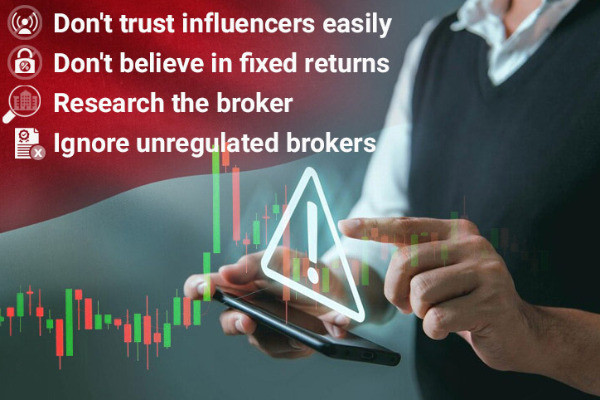
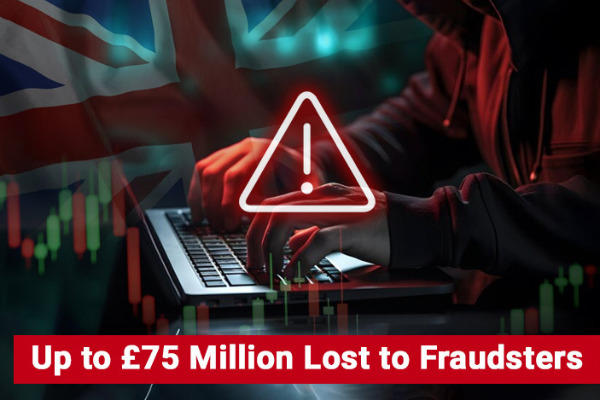
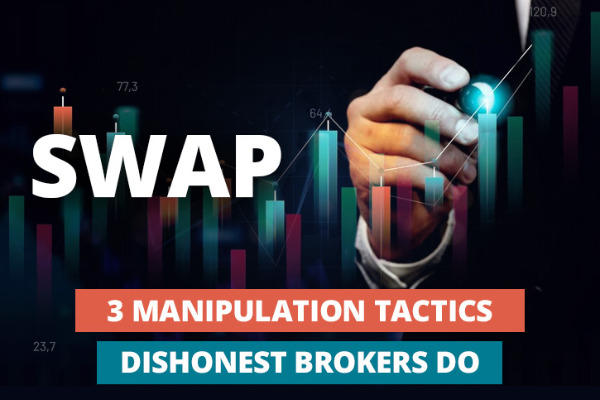
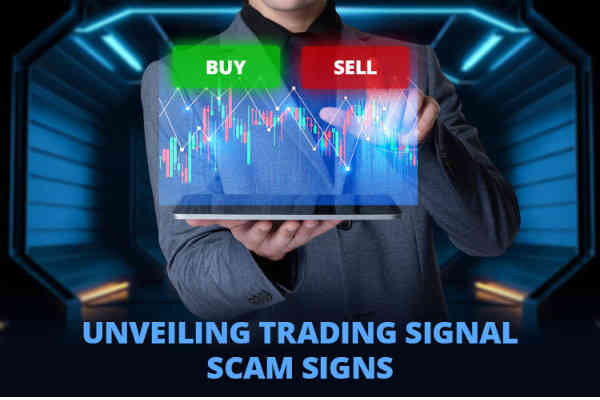
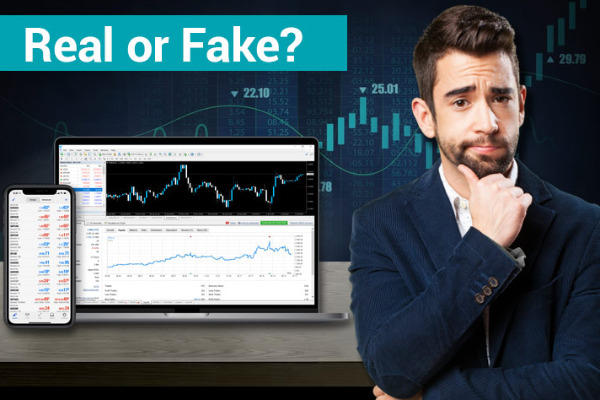
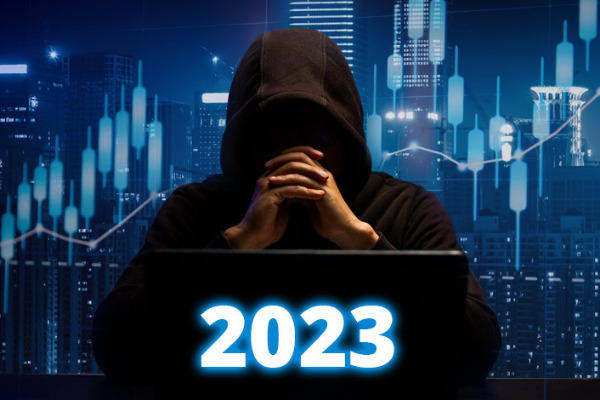

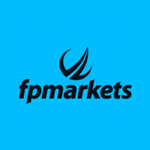


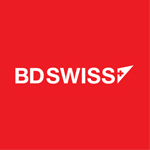

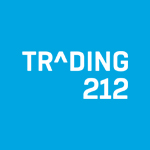

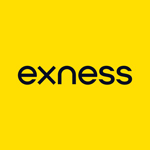
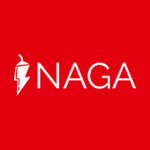












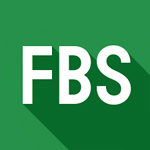


4 Comments
Rasel das
Jan 1 2023
This right here is a very good and important topic, as many of us know these scammers are everywhere and they are not who they claim to be, which makes it difficult to tell which is real. The best way to tell if a forex broker is legit is by running a background check done to know if they are actually who they claim they are. Yes, it helps a lot to contact companies like opt-sol .com when searching for a good forex broker because they can help to provide a proper background check,[1] so you don't end up in the wrong hands. Even if you have been a victim of such scam, you can also get your funds tracked and recovered after you have carried out a background check.
Maria
Jan 7 2023
With all this things that are happening I still make a lot of profit trading bitcoin and binary option. With the help of this tasted and trusted company. [email protected] They helped me recovered my lost funds and also helped me make a lot of profits. It was a wonderful experienced and moment I have been with this company. I want to say a big thank you for the help, services and trust. You can contact them for help through their email. [email protected]
Amin
Jan 26 2024
So, I'm sitting here pondering this article that claims cam brokers are more interested in a quick cash grab than genuinely caring about their clients. Is it really true that their main game plan is to lure in as many people as possible, snatch their money, and vanish into thin air? The article suggests testing a broker's reliability by throwing a few questions at their customer service. But what if I'm wondering, how can I tell if their responses are a giveaway that they're up to some scammy business? Are there certain signs in their replies that should set off alarm bells, like evading questions or giving me the runaround? Trusting my instincts sounds good, but what exactly should I be on the lookout for during these interactions to spot a potential broker scam?
Vito
Jan 31 2024
When considering a broker, it's crucial to navigate potential pitfalls by staying vigilant. Watch out for signs such as a lack of transparency regarding fees, unrealistic promises of guaranteed profits, or high-pressure tactics pushing you to deposit funds hastily. Be cautious if the broker contacts you unsolicited, lacks essential information on their website, or exhibits inconsistent communication from their customer service. Check for regulatory compliance and be wary of difficulty withdrawing funds, as well as poor reviews and ratings online. Educate yourself on trading to ask informed questions and trust your instincts. If something feels off, it's better to step back and explore more reputable options, consulting financial professionals if needed. Always prioritize due diligence to safeguard your investments.